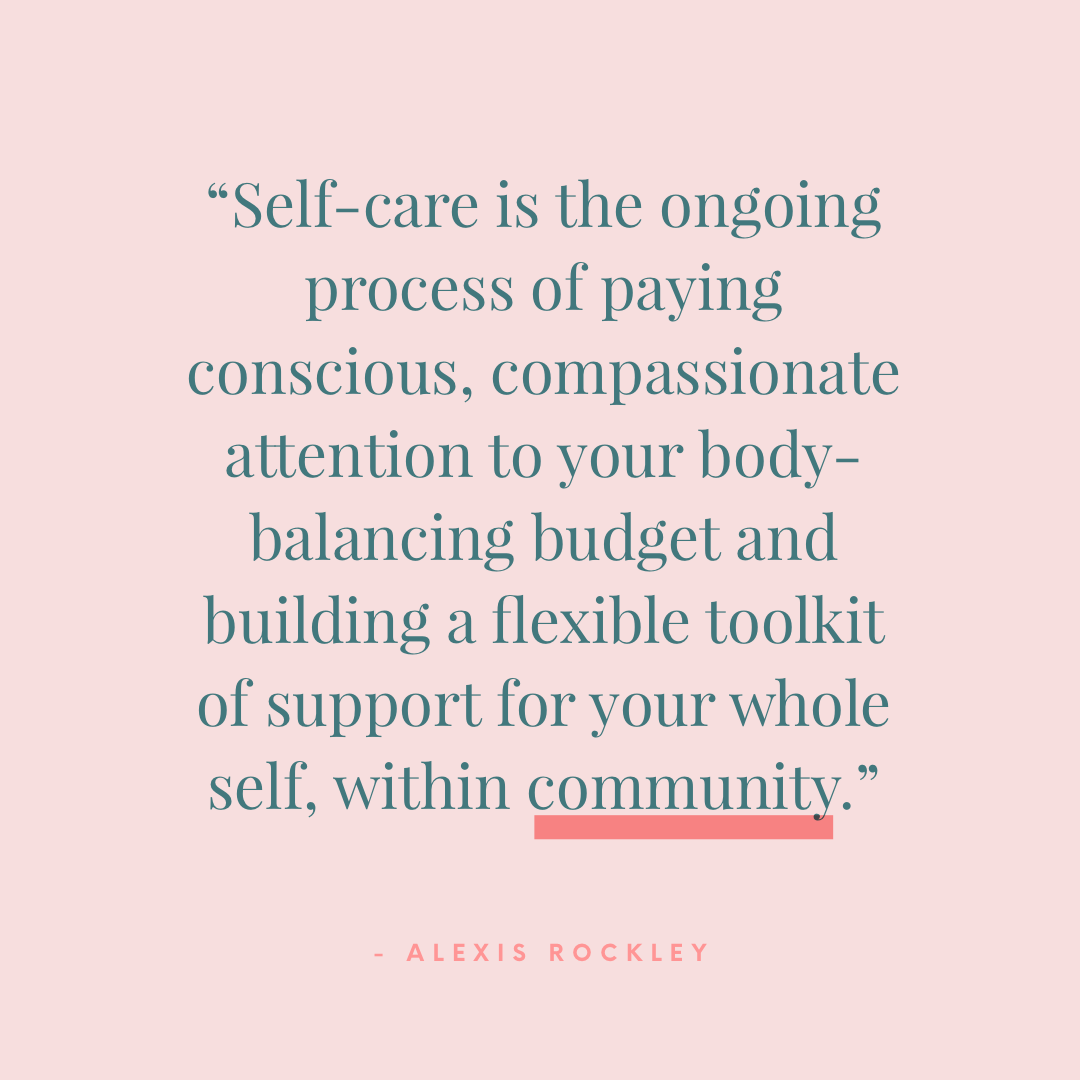Finding the Energy: Balance Amidst the Chaos
You know that feeling when you have SO much to do and NO energy to do it?
Or that rare feeling like: “Wow, I finally feel energized but have no idea where to start!?”
Mismatched moments like these make us feel unbalanced, stressed and overwhelmed.
And we when we have an inbalance in our lives we generally feel off. Look at the “Invisible Load” of motherhood — it doesn’t feel good like: “Wow! I’m a great Mom for doing all these things” (even though it should) because of how imbalanced the load is. This feeling of “too much to do and too little time to do it” is an emotional state that brings up negative emotions like shame (I should be able to do it all) and anxiety (how will I do it all and its neverending) and withdrawal (there is so much to do I am not going to do anything at all).
Somatic Mindfulness is a simple way of purposefully focusing our attention to discover our emotional state without getting into the emotions of it all — and then matching that energy level to an equally demanding task.
The skill at the root of somatic mindfulness is noticing.
Yep, just paying attention. Now that feels doable doesn’t it? And we can break it down to something even more simple. Like a sort of somatic self-care - or paying attention to the state of our body. How our body feels can be an basic gateway to a broader awareness of our state — or how we feel emotionally, physically and mentally in the moment. Directing our attention to rest on our body is the “somatic” peice. It takes thinking out of the equation and only focuses on sensations in the body. It takes a little practice because our bodies throw up road blocks, in simalar ways that our minds distract us with planning and examining when we self-reflect. Just keep that in mind!
Let’s use an example of filling the dishwasher after dinner. While on the surface this may seem like a simple task, but after the juggernaut that is cooking dinner for a household of small hangry people who don’t really enjoy your cooking, you’re exhausted. Your energy level is low. However your partner is working late and the dishes have to get done, so you put a movie on for the kids, and dig in.
The sink is full, you will probably have to run the machine in the AM again just to catch up. As you start to load the dishes your youngest comes in complaining about her brother sitting in her couch seat, so you stop to deal with the argument. (Wet hands and all.) You’re running out of patience and the overwhelming emotions you usually have a handle on are starting to come to the surface…not your best work with the kids - but you’re back to the dishes. Trying to be fast, you break a plate on the way to putting it in the dishwasher. This is the last straw. And you begin to cry. It’s just too much. What should you do now?
This is where somatic mindfulness can step in. Noticing the state of your body is less cognitively taxing than stopping and examining why you are crying - that’s way more complex and takes a lot more time and energy. Could you just for a moment shut off the water, and stand there among the broken chards of ceramic and feel into your body? When you do this it will almost feel like gift, the gift of attention. A simple example of a somatic exercise is a body scan but you don’t even need to do that in this situation. Just stop, breath and feel. What does it feel like in your chest, your arms, your face, behind your eyes? How are you holding your hands?
This curious looking requires that you drop any opinions. Nothing that your body is doing is right or wrong - it just is.
This is mindfulness in action - the looking around without judgement. Now once you have taken the moment, go ahead and sweep up the broken plate pieces. Check on the kids and then it’s time to take a moment to relfect. What is your body telling you? Is this the right time to be taking on this task? How much energy does your body have to offer? How much energy does the task demand? (Keep in mind you are also parenting at the same time.) If you body is tight and your heart rate elevated this may be a sign that you need a reset - a break mama - and how long that break will be depends on how tight and stressed your body is and how much energy the task you want to finish requires. It may not be a break that you need either, it could mean a lot of things like you need to put music on or laugh a little. You will build up your toolkit over time as you learn more about what works for you.
When we do this consistently we get to know the cues our bodies provide us at every stage of our routine (including before we break the plate). Maybe tonight was a night where you needed to sit on the couch with the kids for 10 minutes in between the dinner chaos and the clean up one. Or maybe if you checked in with your body and you found your energy levels were still pretty good, maybe tonight was the night that you could handle teaching your oldest to help you load the dishwasher.
Practicing mindfulness is not only about noticing our habitual thought patterns or emotional reactions. It is also noticing our somatic state or what messages our bodies are trying to share. And noticing them with kindness and compassion will lead to us to our next steps no matter the state we are in. With this knowledge we can balance our tasks with the energy we have available to us and even maybe get more done - whether that’s the dishes or self-care.
No matter where you find your balance, don’t ever forget you are a GoodAF mom. - Stef















